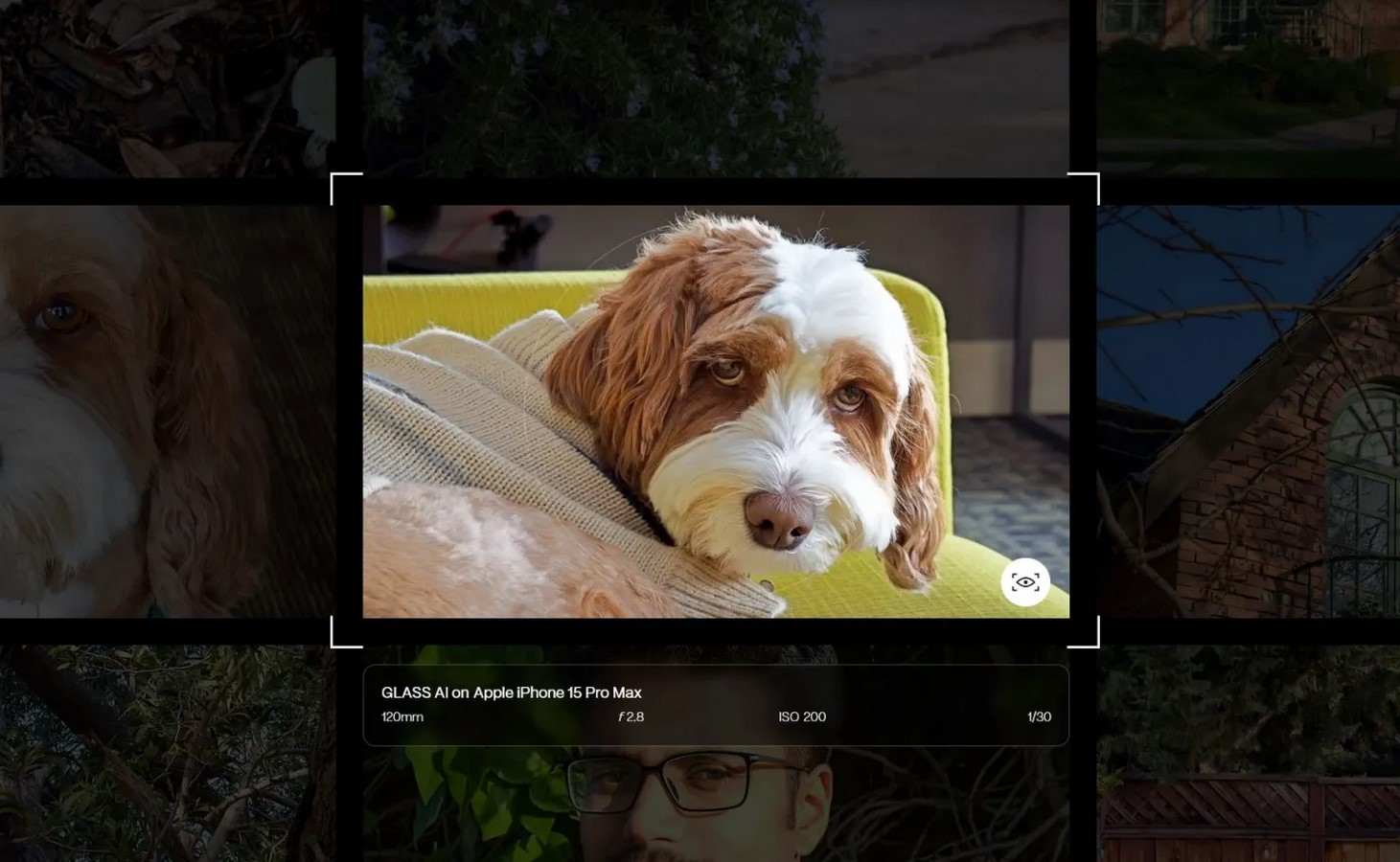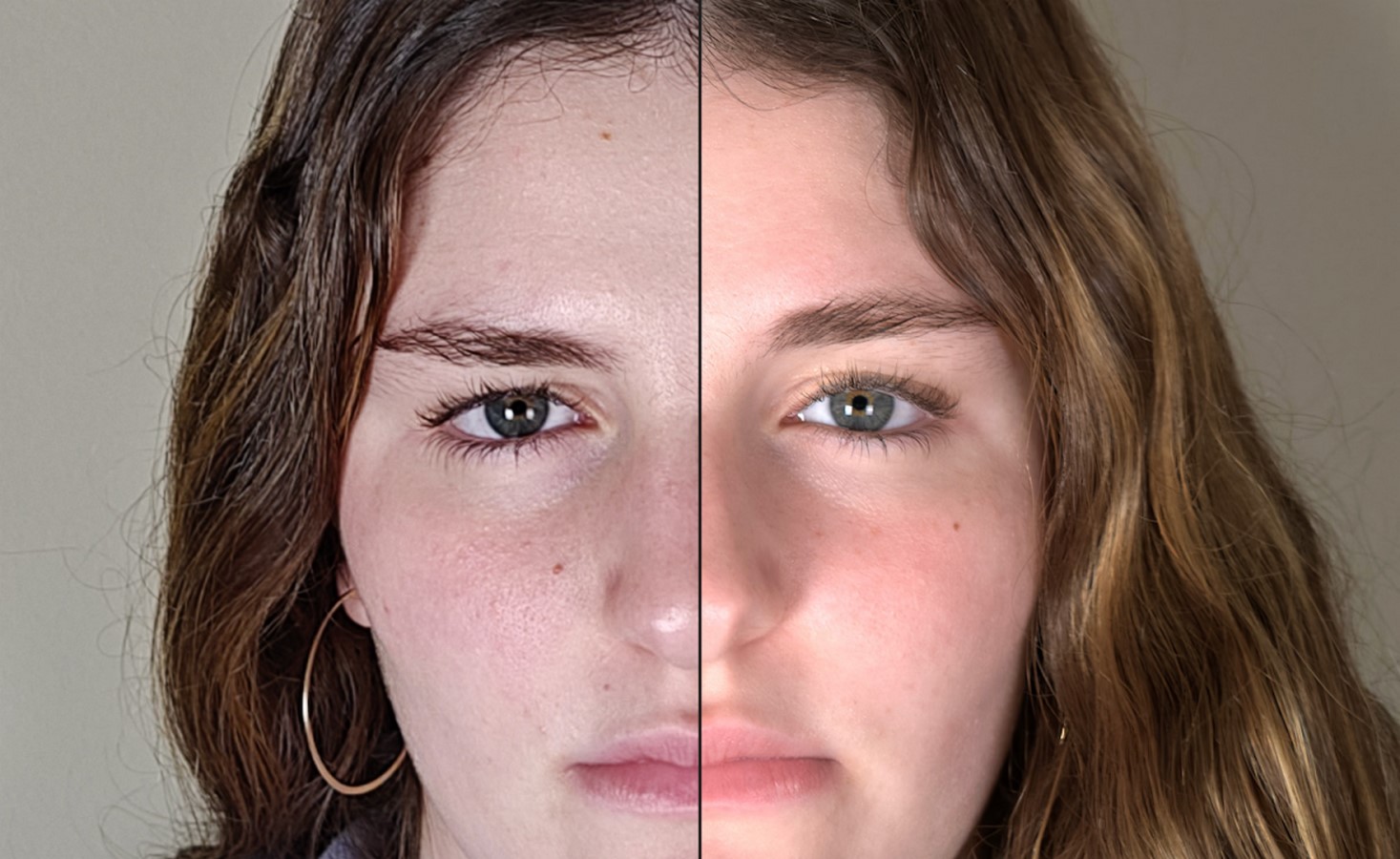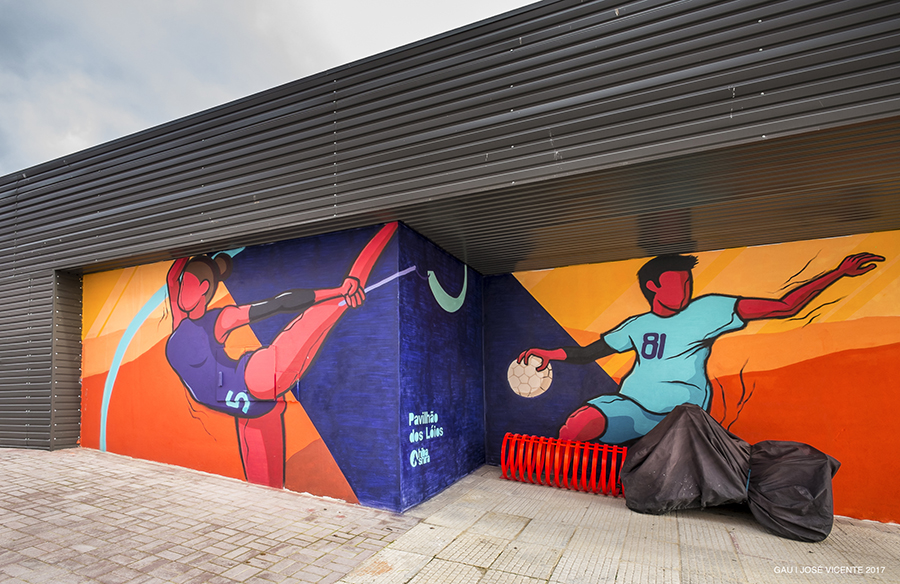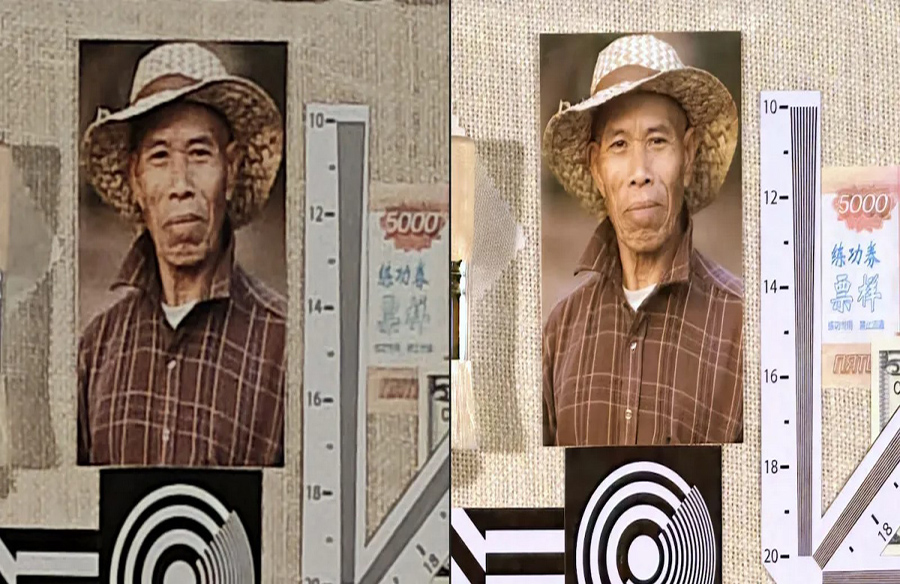Advancements in AI Photography
Glass, a company propelled by $9.3 million in fresh funding, is revolutionizing smartphone camera technology with its innovative AI-powered camera upgrade, GlassAI. This development marks a significant leap in image quality enhancement without the typical artifacts associated with AI upscaling. GlassAI represents a purely software-based approach termed as a neural image signal processor (ISP), which fundamentally improves images by correcting optical aberrations, sensor issues, and efficiently removing noise.

Understanding the Neural ISP
The neural ISP is the cornerstone of GlassAI, transforming raw sensor output into vivid and detailed images. Traditional ISPs often struggle with various complexities, including synthesizing multiple exposures, detecting and sharpening faces, and adjusting for movements. While some ISPs incorporate AI, the risk of generating hallucinations or artifacts remains a concern. GlassAI circumvents these challenges by leveraging advanced restoration networks to extract details from raw imagery, ensuring superior image quality.
Superior Performance
Co-founder and CEO Ziv Attar emphasizes GlassAI’s superiority over existing industry standards. Notably, even major players like Apple lack a comprehensive neural image stack, leading to suboptimal results in certain scenarios. GlassAI’s unique training approach, developed for anamorphic lens systems, ensures efficient characterization of lens aberrations and optical distortion reversal.

Validation Through Testing
GlassAI’s effectiveness is validated through rigorous testing, demonstrating remarkable improvements in image quality, particularly in low-light conditions. Notably, GlassAI streamlines the image tuning process, significantly reducing the time required for software development and device integration compared to traditional methods.
End-to-End Processing
One of GlassAI’s key features is its end-to-end processing capability, streamlining the image enhancement process from sensor RAW to the final image without additional post-processing steps. This ensures consistent and high-quality image output across various devices, making it an attractive proposition for smartphone manufacturers seeking to enhance their camera capabilities.
Future Prospects
With GlassAI now available for integration, smartphone manufacturers have the opportunity to elevate their camera performance effortlessly. While Glass continues to refine its technology and secure partnerships, its recent funding round underscores investor confidence in its groundbreaking approach to AI-powered image enhancement. As GlassAI gains traction in the market, it is poised to reshape the landscape of smartphone photography, setting new standards for image quality and performance.

















